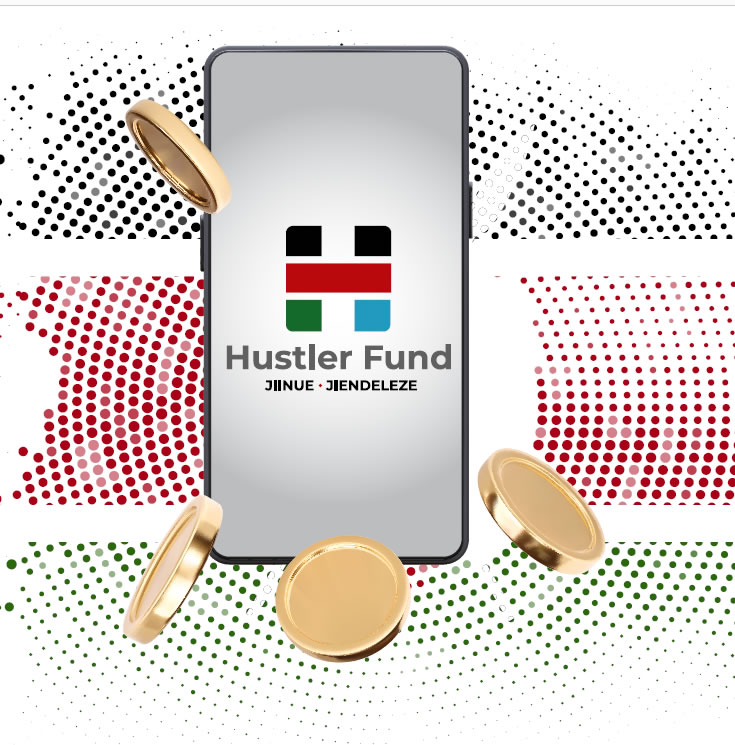Beer, a staple in Kenya long believed to be recession-proof, may finally be feeling the effects of inflation.
This information has come to light as East African Breweries Ltd. (EABL) reported on Thursday that its net profit fell by 0.39 percent in the six months leading up to December due to increasing taxes and input expenses as well as the avoidance of the foamy beverage by price-conscious consumers.
EABL, which is owned by British company Diageo and famous for its flagship Tusker beer, reported a fall in net earnings of Sh34 million to Sh8.703 billion in the first half of the year compared to Sh8.737 billion booked in the same period of 2021.
The chief executive of EABL Group Jane Karuku claimed that increasing taxes and inflation hurt the brewer by lowering consumers’ purchasing power even as input prices increased as a result of the high cost of ingredients.
With sharp excise tax rises in Kenya adding to the heightened inflationary pressures, she added in a statement, “We have observed a slowdown in economic development across the region.”
Because of this, “customer spending power is down, and operating costs have dramatically increased.”
Revenues from Kenya decreased by 1% over the year, although Uganda and Tanzania saw increases of 19% and 11%, respectively, to help make up for Kenya’s poor performance.
As a result, from Sh96.8 billion a year earlier, the brewer’s total sales increased to Sh104.6 billion, or 8.08 percent.
“EABL had an unusually difficult moment owing to macroeconomic volatility across East Africa, worldwide inflation, and geopolitical shocks related to the Russia-Ukraine war,” added Karuku.
Excise-related price hikes in Kenya further exacerbated the situation and had a big impact on how our products were consumed.
The firm, which is listed on the Nairobi Securities Exchange, has issued an interim dividend of Sh3.75 per share, the same as it was during the same period last year, giving its shareholders something to cheer about despite the weaker performance and the bleak prognosis.
The interim dividend, which is subject to withholding tax, is recommended by the board of directors and is to be paid to shareholders who were registered as of the close of business on February 16th, 2023, on or around April 28th.
The inflation rate in Kenya has remained stubbornly high, exceeding the Central Bank of Kenya’s goal range of between 2.5 and 7.5 percent, just as it did throughout last year when food prices skyrocketed.
In a climate where businesses have frozen salaries as they recover from Covid-19 economic problems and face the worldwide economic consequences of the Ukrainian war, this has led many households, especially in the low-income group, to cut their purchasing baskets.
Employees have been obliged to spend less on non-essential products like beer and airtime as a result of the rising cost of vital commodities, which has ultimately harmed companies like EABL and Safaricom.
Several excise tax increases in Kenya during the previous 15 months, according to EABL, have exacerbated consumer costs and notably hurt price-sensitive customers in the mainstream and value groups.
The negative effect on volumes “denies government potential income and has a cumulative effect on farmers’ and small businesses’ livelihoods that underpin our value chain,” the company claimed.
“While near-term volatility is anticipated to continue, we remain focused on executing on our plan and generating long-term sustainable growth,” the statement reads.



